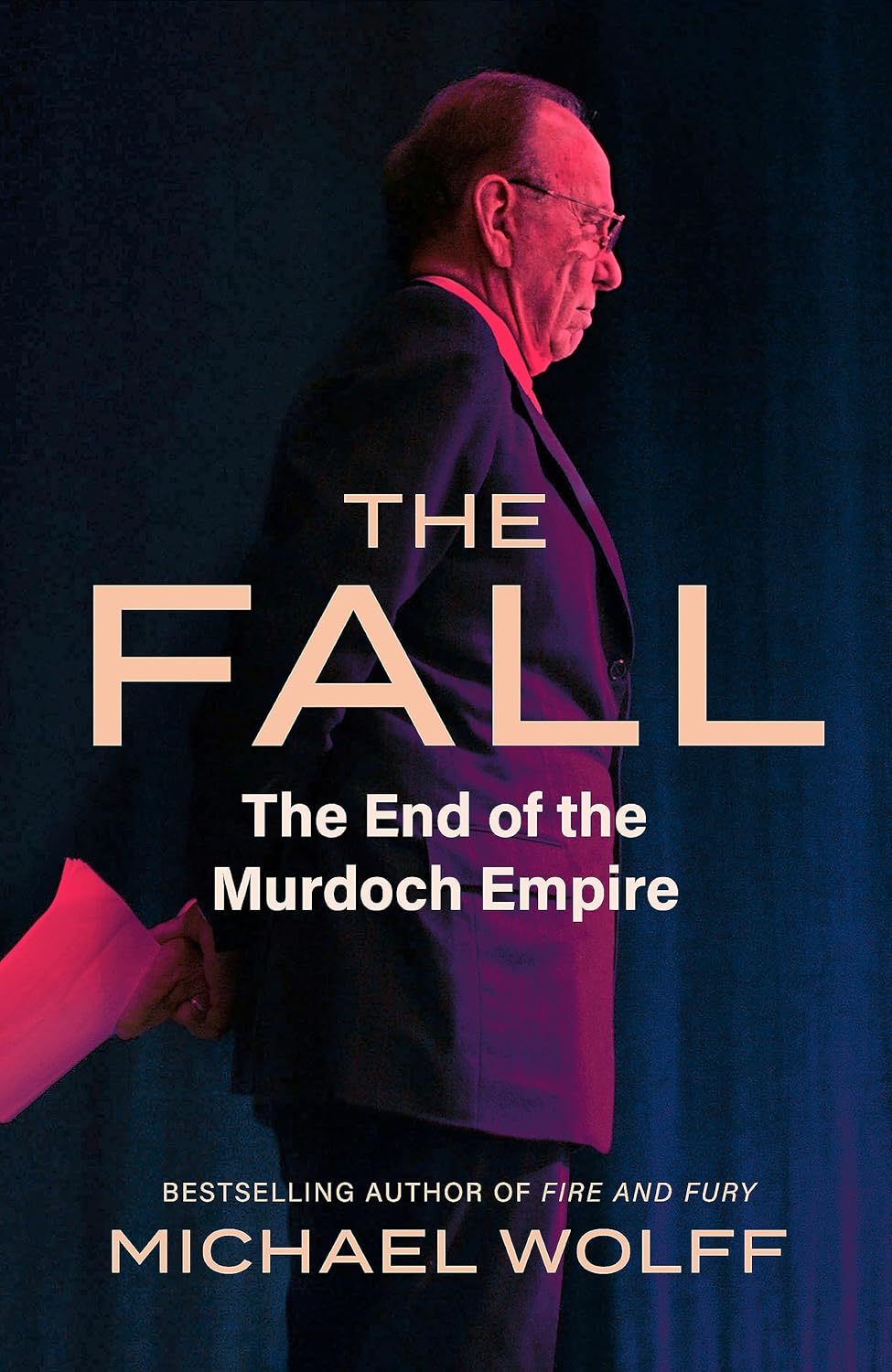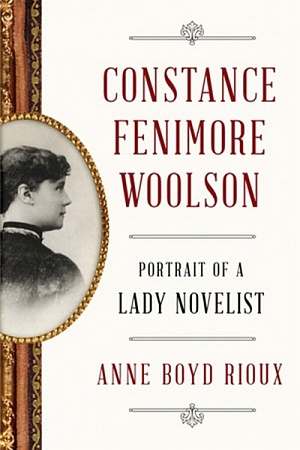The Fall: The end of the Murdoch empire
The Bridge Street Press, $34.99 pb, 320 pp
Bad drunks and chuckleheads
-Wikimedia Commons.jpg)
In Michael Wolff’s telling, the final stretch of Rupert Murdoch’s seventy-year media career plays out like a ghost story. When, in 2016, Rupert’s sons, Lachlan and James, vanquished Roger Ailes – disgraced architect of Fox News – in a rare moment of fraternal unity, the money-printing reactionary machine Ailes had built for their father kept on mutating and metastasising, in ways that would haunt the company and the Murdoch family. Fresh from writing a blockbuster trilogy documenting the Trump presidency, in The Fall Wolff braves the ‘nest of vipers’ that is the late-stage Fox News empire with a deep contact list and a strong stomach. Gone is the rare access to Rupert himself that informed The Man Who Owns The News (2008), but, fortunately for Wolff and his readers, the largely unnamed vipers of The Fall are a chatty bunch.
Their insights, of course, are coloured by the role such disclosures play in the wider power struggles documented in the book. Ousted Fox pundit Tucker Carlson, for instance, is one key player whose reputation for ‘finely calculated indiscretion’ Wolff notes in Chapter 2 – before proceeding to regale us with large swaths of narrative clearly based on Carlson or his allies’ backgrounding. In a recent Good Weekend profile, Lachlan Murdoch’s biographer, Paddy Manning, dismissed as ‘improbable’ The Fall’s flattering claim that Lachlan once excitedly viewed his friend Carlson as a potential president. Brian Stelter’s forthcoming Network of Lies, meanwhile, dismisses as a Tucker-led conspiracy theory the idea that Carlson’s eventual sacking was a secret settlement condition set by Dominion Voting Systems. By the end, Fox had plenty of reasons to jettison him.
The first snake we meet is Ailes himself, isolated and ailing, in a fireside chat at his New Jersey home shortly before his death in 2017. Ailes had been a ‘willing and useful source’ for Wolff over the years. In a not-quite-deathbed monologue, he explains how his Fox News is calibrated to a vision of America dated rather specifically to 1965 – an imaginary pre-civil rights bubble in which many of its white Baby Boomer viewers feel comfortable.
Continue reading for only $10 per month. Subscribe and gain full access to Australian Book Review. Already a subscriber? Sign in. If you need assistance, feel free to contact us.















Leave a comment
If you are an ABR subscriber, you will need to sign in to post a comment.
If you have forgotten your sign in details, or if you receive an error message when trying to submit your comment, please email your comment (and the name of the article to which it relates) to ABR Comments. We will review your comment and, subject to approval, we will post it under your name.
Please note that all comments must be approved by ABR and comply with our Terms & Conditions.